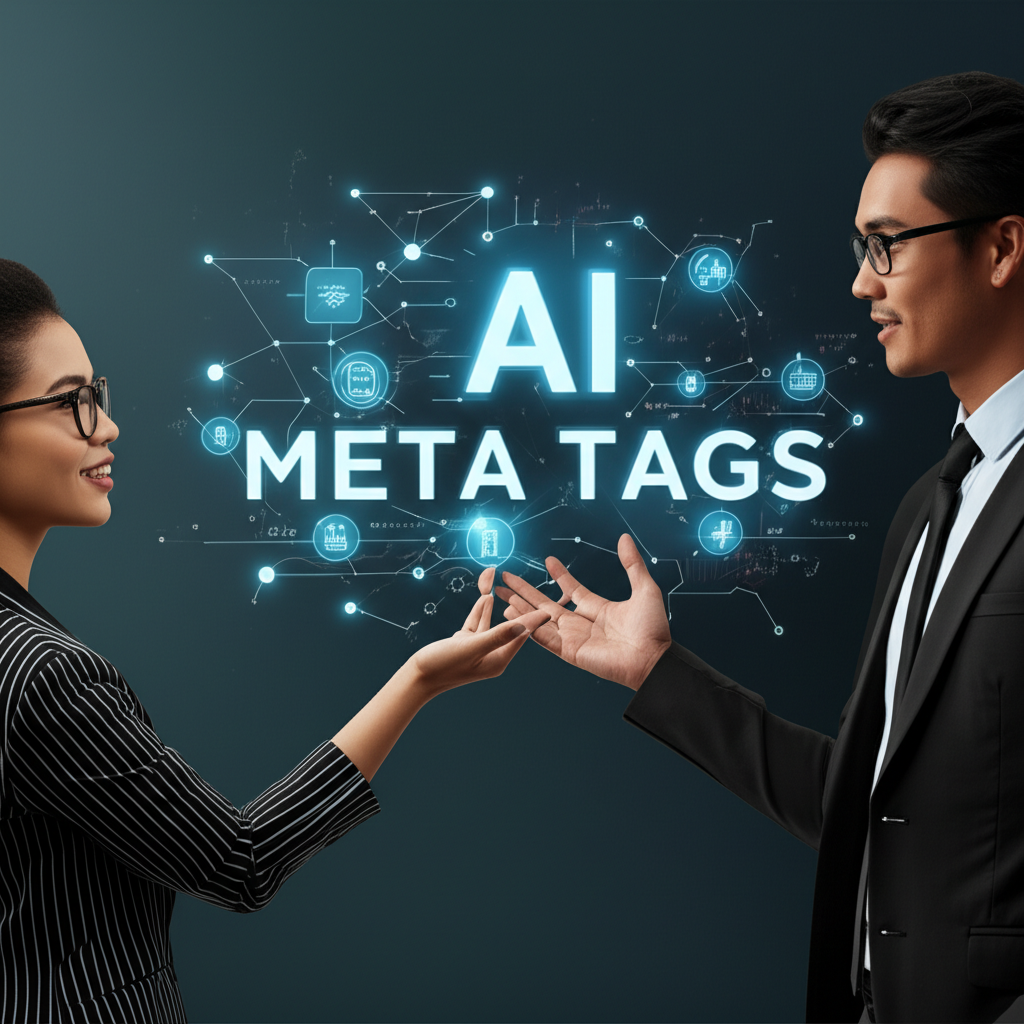How Law Firms Are Using AI to Streamline Contract Review and Reduce Billable Hours
Estimated reading time: 5 minutes
- AI tools can reduce contract review time and costs by over 50%.
- Automated clause extraction improves accuracy and efficiency.
- AI enhances risk detection and ensures policy compliance.
- Legal teams can now focus on high-value tasks.
- Adoption of AI in law firms is vital for competitive advantage.
Table of Contents
- The AI Revolution in Contract Review
- Key Ways Firms Leverage AI for Contract Analysis
- Measurable Impact on Efficiency and Cost
- Core AI Capabilities Transforming Legal Practice
- What’s Driving Adoption in Law Firms
- Leading Tools and Implementation Approaches
- FAQ
The AI Revolution in Contract Review
The legal industry is undergoing a profound transformation as artificial intelligence revolutionizes one of the most time-intensive aspects of legal work: contract review. Law firms across the globe are discovering that AI-driven contract review tools can dramatically reduce the hours spent on routine document analysis while improving accuracy and consistency. This shift is not just about efficiency—it’s fundamentally changing how firms structure their services, price their work, and deliver value to clients.
Key Ways Firms Leverage AI for Contract Analysis
Intelligent Clause and Data Extraction
At the heart of AI-powered contract review is the ability to automatically identify and extract key clauses across large document volumes. These systems can instantly locate and analyze critical provisions such as confidentiality clauses, termination conditions, and dispute resolution mechanisms. This automated extraction enables faster analysis and the creation of standardized checklists that ensure nothing important is overlooked.
Proactive Risk Detection and Policy Compliance
AI models excel at flagging missing, non-standard, or potentially risky terms that might escape human attention during rapid reviews. These systems can identify uncapped indemnities, unusual liability provisions, or missing essential clauses by comparing contract terms against firm or client playbooks. When deviations are detected, the AI surfaces them for targeted attorney attention, ensuring that human expertise is applied where it’s most needed.
Automated Redlining and Negotiation Support
Perhaps the most impressive advancement in AI contract review is the ability to not just identify issues but actively propose solutions. Modern platforms can generate redlines that mirror an experienced attorney’s approach, suggesting edits aligned with predefined policies and preferred language. This automation dramatically accelerates the negotiation process by providing a strong starting point for discussions.
Advanced Version Comparison and Change Tracking
AI-powered version comparison goes far beyond traditional redlining tools. These systems can highlight substantive changes between drafts, filtering out formatting changes to focus reviewer attention on meaningful modifications. For example, the AI might specifically flag that an auto-renewal clause has been added or that payment terms have shifted, allowing attorneys to quickly assess the impact of changes without reading entire documents.
Intelligent Summarization and Document Triage
Long, complex agreements can be automatically condensed into actionable summaries highlighting key obligations, payment terms, warranties, and risk factors. This summarization capability allows for rapid triage and prioritization of documents, ensuring that the most critical or risky agreements receive immediate attention. Legal teams can quickly understand the essence of a contract without reading every word, dramatically improving their ability to manage large contract portfolios.
Measurable Impact on Efficiency and Cost
Dramatic Cost and Time Reductions
The numbers speak for themselves: providers and service firms report that AI-augmented review can cut overall review costs by approximately 50%, primarily by eliminating menial tasks and accelerating human reviewers. These savings come from reducing the time spent on routine extraction and analysis, allowing legal professionals to focus on high-value activities that truly require human judgment.
Accelerated Time-to-Signature
Vendors cite impressive gains in throughput, with some reporting 80% time saved and contracts closing three times faster when using automated review and redlining workflows aligned to client playbooks. This acceleration is particularly pronounced for standard agreements where AI can apply consistent rules and preferred language without extensive human intervention.
Scalability at Enterprise Levels
Contract review AI platforms marketed to law departments and firms report greater than 85% acceleration on review tasks with over 90% accuracy on clause detection. These metrics are achieved through pre-trained models that have learned from millions of contracts, combined with quality assurance layers that ensure reliability at scale.
Strategic Work Reallocation
With AI handling repetitive extraction and first-pass issue spotting, attorneys spend significantly fewer hours per document. This efficiency gain allows firms to reposition their pricing toward fixed or value-based fees, aligning incentives with clients while maintaining healthy margins despite reduced billables per contract. The shift represents a fundamental change in how legal services are valued and delivered.
Core AI Capabilities Transforming Legal Practice
Sophisticated Pre-trained Clause Libraries
Modern AI platforms come equipped with hundreds of models for standard provisions, continuously learning and improving from each contract reviewed. These pre-trained models can identify clauses even when they’re worded differently or appear in unexpected locations within documents, providing a level of consistency that’s difficult to achieve with manual review.
Multilingual and Cross-Platform Support
Today’s global business environment demands tools that can work across languages and document formats. Leading AI contract review platforms offer multilingual review capabilities, Word add-ins for seamless integration, and support for both PDF and Word documents. This flexibility ensures that firms can maintain consistent review standards regardless of document origin or format.
Automated Policy and Playbook Implementation
One of the most powerful features of modern contract AI is the ability to digitize and automatically apply firm or client negotiation positions. These systems can encode preferred language, acceptable alternatives, and deal-breaker provisions, then automatically apply these rules during review. This automation ensures consistent application of policies across all matters while dramatically reducing the time needed for initial contract markup.
Comprehensive Compliance Verification
AI tools excel at automated verification of regulatory compliance, checking for required clauses related to data protection, industry-specific regulations, or jurisdictional requirements. This systematic approach to compliance reduces risk while ensuring that nothing falls through the cracks during high-volume review periods.
Bulk Processing Capabilities
For firms dealing with legacy contract repositories or large-scale due diligence projects, AI enables batch processing of thousands of documents simultaneously. These bulk review capabilities can extract data fields, identify high-risk agreements, and create comprehensive analytics across entire portfolios, accomplishing in hours what would traditionally take weeks or months of manual review.
What’s Driving Adoption in Law Firms
Mounting Pressure from Volume and Costs
The exponential growth in contract volume, combined with client demands for lower costs and faster turnaround times, makes manual review increasingly unsustainable. Firms are recognizing that traditional approaches simply don’t scale to meet modern business needs, making AI adoption a competitive necessity rather than a luxury.
The Imperative to Focus on High-Value Work
By removing low-value, repetitive tasks from attorneys’ workloads, AI enables legal professionals to focus on complex negotiations, strategic risk assessment, and advisory services that truly leverage their expertise. This shift not only improves job satisfaction but also allows firms to deliver more value to clients while maintaining profitability.
Competitive Differentiation Through Technology
Forward-thinking firms are using AI-backed playbooks and analytics to offer faster service level agreements and innovative fee arrangements. This technological edge allows them to win more business while protecting margins through improved efficiency. Clients increasingly expect their legal partners to leverage technology effectively, making AI adoption a key differentiator in competitive pitches.
Leading Tools and Implementation Approaches
Comprehensive Review and Analytics Platforms
These systems highlight clauses, identify risks, and generate summaries using pre-built models refined through human-in-the-loop learning. They typically integrate with existing document management systems and offer customizable workflows to match firm-specific processes.
End-to-End Automation Solutions
Some platforms go beyond analysis to provide complete automation of the review and redlining process. These tools apply firm or client playbooks automatically, generating redlines and negotiation positions without human intervention for routine contracts. Vendors report significant time and cost reductions, with some citing ROI achievement within months of implementation.
Enterprise-Grade Review Engines
The most sophisticated platforms offer Word add-ins for seamless
FAQ
What is AI contract review?
AI contract review uses machine learning and natural language processing to analyze and extract information from legal contracts automatically.
How can AI reduce costs in legal work?
AI reduces costs by automating routine tasks, decreasing review times, and allowing attorneys to focus on more complex, high-value work.
Are AI tools reliable?
Yes, many AI tools have been proven to achieve over 90% accuracy in clause detection and significantly improve efficiency in contract reviews.
How can law firms implement AI?
Firms can implement AI by choosing suitable platforms, training staff, and integrating these systems into existing workflows to optimize contract review processes.
What impact does AI have on legal jobs?
AI transforms legal jobs by automating mundane tasks, thus allowing attorneys to engage in more strategic, fulfilling work that maximizes their expertise.




